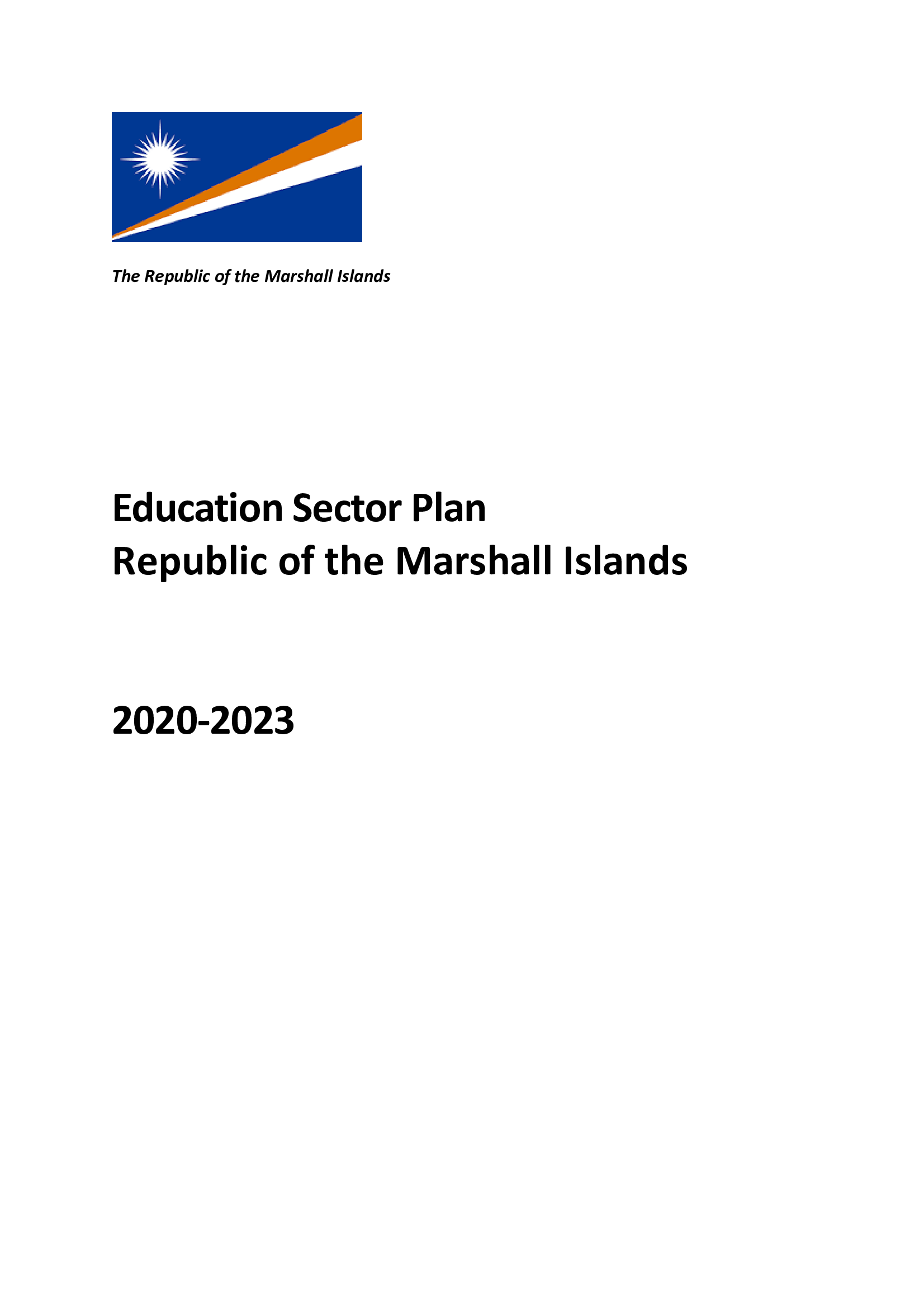Marshall Islands

Partner since:
Total grant support: US$17,366,719
Grant eligibility:
- Multiplier
- Multiplier and girls' education accelerator
- System capacity
- System transformation
Education sector plan
Objective: Provide a workable road map toward constructing and implementing an educational system that recognizes the unique challenges and visions of the Marshallese people.
Coordinating agency: New Zealand Ministry of Foreign Affairs & Trade, Pacific Resources for Education and Learning, The University of the South Pacific
GPE Team lead: Daisuke Kanazawa

